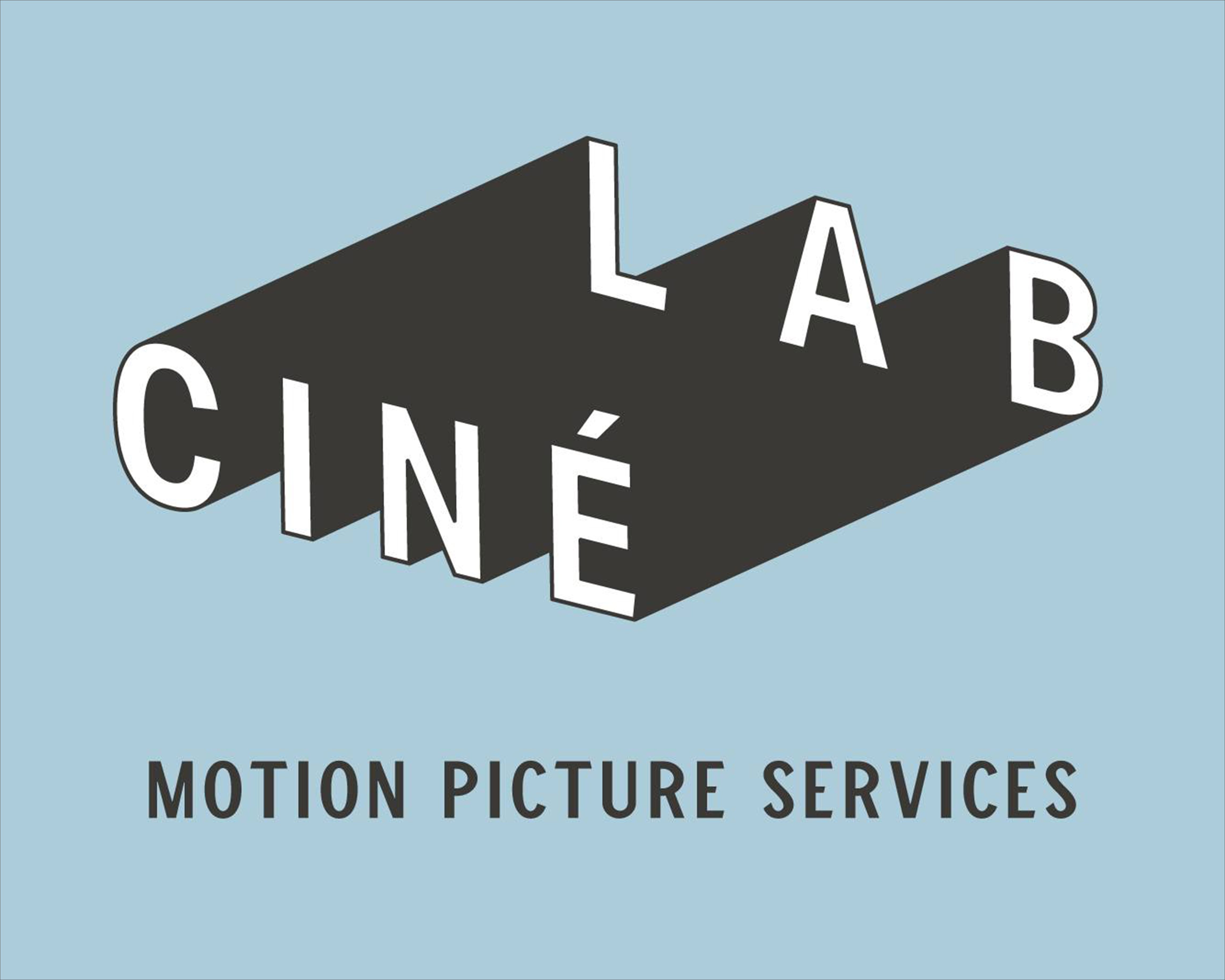Hi,
My aspiration, in the long run, is to be writing and directing for film. I believe that in order to do so properly I need to acquire a strong base and understanding of all the technical elements involved in the process of production, from camera operation, to lighting, to editing, etc. Ultimately, I believe the best way of learning would have been to join an able crew, and learn from people who do what they do best. But that seems quite impossible to me; unfortunately, with all my good intention and abilities, I doubt anyone would take a person with no technical experience or background in the field under his wing. So I started looking into film schools.
My first problem lays with the courses. As I said, the reason I consider attending a film school is to have access to equipment and technical knowledge which I would otherwise not be able to acquire by myself--whereas courses such as film history, creative writing etc. (although I’m sure they can be very interesting) I will be able to learn on my own, and for a fraction of the cost. (That is to say nothing about elective courses, which have nothing to do with the industry)
My second problem (or rather question) is regarding the broadness and intensity of the knowledge I would actually acquire. I have in my area (Toronto, Canada) a few alternatives to choose from, mainly, a four-year program at Ryerson University costing approx. $26,000, and an intensive (according to advertisement) 15-month program at the Toronto Film School, for the same sum. Each and every institution promises to bring their graduates to an "industry-level" upon graduation, yet I cannot help but feel a bit skeptical about such a statement. Moreover, upon doing some research to find out what people who had previously attended film schools could actually say in their behalf, the most recurring statement was that they "met a lot of people and made voluble connections" (or something along these lines). This is NOT the reason for which I plan to attend an educational institution, to say the least... As to the content of these programs, all I could find were short and somewhat vague descriptions, which merely left me even more puzzled then before.
At the bottom line, what I am getting at is that $26,000 is A VERY big monetary investment for me to make, and I cannot find any means of ascertaining whether it will actually be justified by what I will end up receiving in return. I'm afraid I might find myself a year (or four) from now, fresh out of school, and with nothing to show for it except for some graduation papers, a list of contacts, and a $26,000 loan hanging over my shoulders.
Lastly, there is the option of investing some of this money towards a decent HDV camera and a few good books, and slowly learn on my own. Yet, as much as I tend to favor this approach, it has its own drawbacks; mainly where I started from, that with a camcorder and a few books I can only do so much, while there is so much technical equipment and knowledge which I fail to see a way of obtaining or attaining on my own. Even more importantly, I would have nothing to do with film, and I don't think I'll be able to learn and build high theoretical constructs without feeling it with my own hands...
Well, this is pretty much my dilemma spread-out on paper. My hope is that people here might have some useful insights, which may lead me to a fresh perspective on the subject. I thank anyone who have read this far, and would greatly appreciate any comments or advices you might care to make.
Thank you.
My aspiration, in the long run, is to be writing and directing for film. I believe that in order to do so properly I need to acquire a strong base and understanding of all the technical elements involved in the process of production, from camera operation, to lighting, to editing, etc. Ultimately, I believe the best way of learning would have been to join an able crew, and learn from people who do what they do best. But that seems quite impossible to me; unfortunately, with all my good intention and abilities, I doubt anyone would take a person with no technical experience or background in the field under his wing. So I started looking into film schools.
My first problem lays with the courses. As I said, the reason I consider attending a film school is to have access to equipment and technical knowledge which I would otherwise not be able to acquire by myself--whereas courses such as film history, creative writing etc. (although I’m sure they can be very interesting) I will be able to learn on my own, and for a fraction of the cost. (That is to say nothing about elective courses, which have nothing to do with the industry)
My second problem (or rather question) is regarding the broadness and intensity of the knowledge I would actually acquire. I have in my area (Toronto, Canada) a few alternatives to choose from, mainly, a four-year program at Ryerson University costing approx. $26,000, and an intensive (according to advertisement) 15-month program at the Toronto Film School, for the same sum. Each and every institution promises to bring their graduates to an "industry-level" upon graduation, yet I cannot help but feel a bit skeptical about such a statement. Moreover, upon doing some research to find out what people who had previously attended film schools could actually say in their behalf, the most recurring statement was that they "met a lot of people and made voluble connections" (or something along these lines). This is NOT the reason for which I plan to attend an educational institution, to say the least... As to the content of these programs, all I could find were short and somewhat vague descriptions, which merely left me even more puzzled then before.
At the bottom line, what I am getting at is that $26,000 is A VERY big monetary investment for me to make, and I cannot find any means of ascertaining whether it will actually be justified by what I will end up receiving in return. I'm afraid I might find myself a year (or four) from now, fresh out of school, and with nothing to show for it except for some graduation papers, a list of contacts, and a $26,000 loan hanging over my shoulders.
Lastly, there is the option of investing some of this money towards a decent HDV camera and a few good books, and slowly learn on my own. Yet, as much as I tend to favor this approach, it has its own drawbacks; mainly where I started from, that with a camcorder and a few books I can only do so much, while there is so much technical equipment and knowledge which I fail to see a way of obtaining or attaining on my own. Even more importantly, I would have nothing to do with film, and I don't think I'll be able to learn and build high theoretical constructs without feeling it with my own hands...
Well, this is pretty much my dilemma spread-out on paper. My hope is that people here might have some useful insights, which may lead me to a fresh perspective on the subject. I thank anyone who have read this far, and would greatly appreciate any comments or advices you might care to make.
Thank you.





